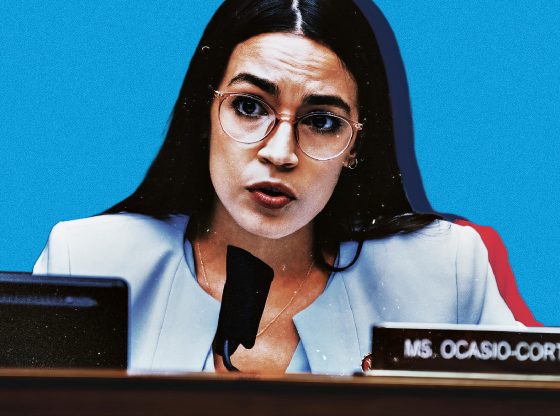The Influence of Alexandria Ocasio-Cortez on Media Regulation and Accountability
Recently, Alexandria Ocasio-Cortez spoke out against Fox News and its hosts, accusing them of promoting violence during the Capitol protest on January 6. She called for media organizations to be held accountable for broadcasting harmful content and suggested that federal law should apply to broadcast television networks like Fox News.
Ocasio-Cortez argued that the recent $787.5 million settlement between Fox News and Dominion Voting Systems was not enough, and that the network should have apologized for spreading false claims about voter fraud in the 2020 election. She also accused some of the hosts, including Tucker Carlson, of inciting violence.
Tucker Carlson’s Firing from Fox News and AOC’s Comments
Tucker Carlson’s unexpected firing from Fox News has caused speculation that it may be related to Alexandria Ocasio-Cortez’s comments about him and his alleged involvement in the Capitol protests. Some suggest that Carlson’s opinions were not in line with Fox News’ recent efforts to distance itself from extreme elements of the Republican Party, while others believe his dismissal may have been motivated by a desire to silence conservative voices.
Some have argued that Carlson’s comments were not in line with Fox News’ recent efforts to distance itself from the more extreme elements of the Republican Party and that his firing may have been a result of this. However, others have suggested that Ocasio-Cortez’s comments played a role in his departure.
Calls for Media Regulation and Accountability
Ocasio-Cortez’s comments on media regulation and accountability have sparked a debate about the role of the government in regulating the media. Some argue that greater regulation is necessary to prevent the spread of “harmful content” and to hold media organizations accountable for their actions. Others argue that such regulation would be a violation of the First Amendment and that it would set a dangerous precedent for government censorship, in an attempt to allege that every anti-narrative talking point that right-wing media discusses is in some way a call to violence – something we all know to be untrue.











